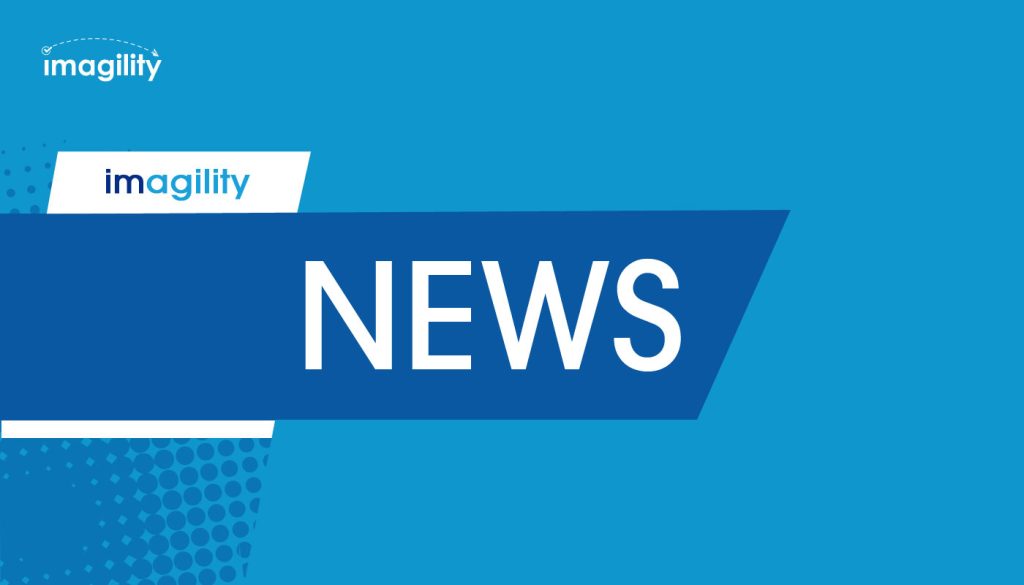Navigating the intricate landscape of Form I-134A cases, particularly for Cuban, Haitian, Nicaraguan, or Venezuelan (CHNV) individuals, requires clarity on available assistance. The CIS Ombudsman, while distinct from USCIS, extends help in specific scenarios. This involves correcting typographical errors before U.S. Customs and Border Protection (CBP) issues travel authorization, addressing family-related delays, and facilitating access to confirmation notices.
The Ombudsman’s proactive role stems from stakeholder concerns about Forms I-134A not being adjudicated in a first-in, first-out order. In response to increased case assistance requests, the Ombudsman continually engages with USCIS to advocate for fair processing. The assistance primarily focuses on three categories, emphasizing corrective measures and transparency in USCIS processing times.
As stakeholders eagerly await travel authorizations, the Ombudsman encourages vigilance in monitoring USCIS online accounts, emails, and USCIS updates. Essential tips include updating addresses with USCIS in case of relocation and staying informed through USCIS’ dedicated pages for Cubans, Haitians, Nicaraguans, and Venezuelans. These pages, available in Kreyòl Ayisyen (Haitian Creole) and Español (Spanish), provide valuable insights.
Signing up for email updates from USCIS and the CIS Ombudsman ensures stakeholders stay informed. While the Ombudsman strives to address concerns within its scope, stakeholders are advised to follow the recommended channels for different types of inquiries, ensuring effective communication with USCIS.
This comprehensive guide serves as a valuable resource, offering insights into the evolving landscape of Form I-134A cases and providing stakeholders with actionable steps and updates.
Source: DHS

















